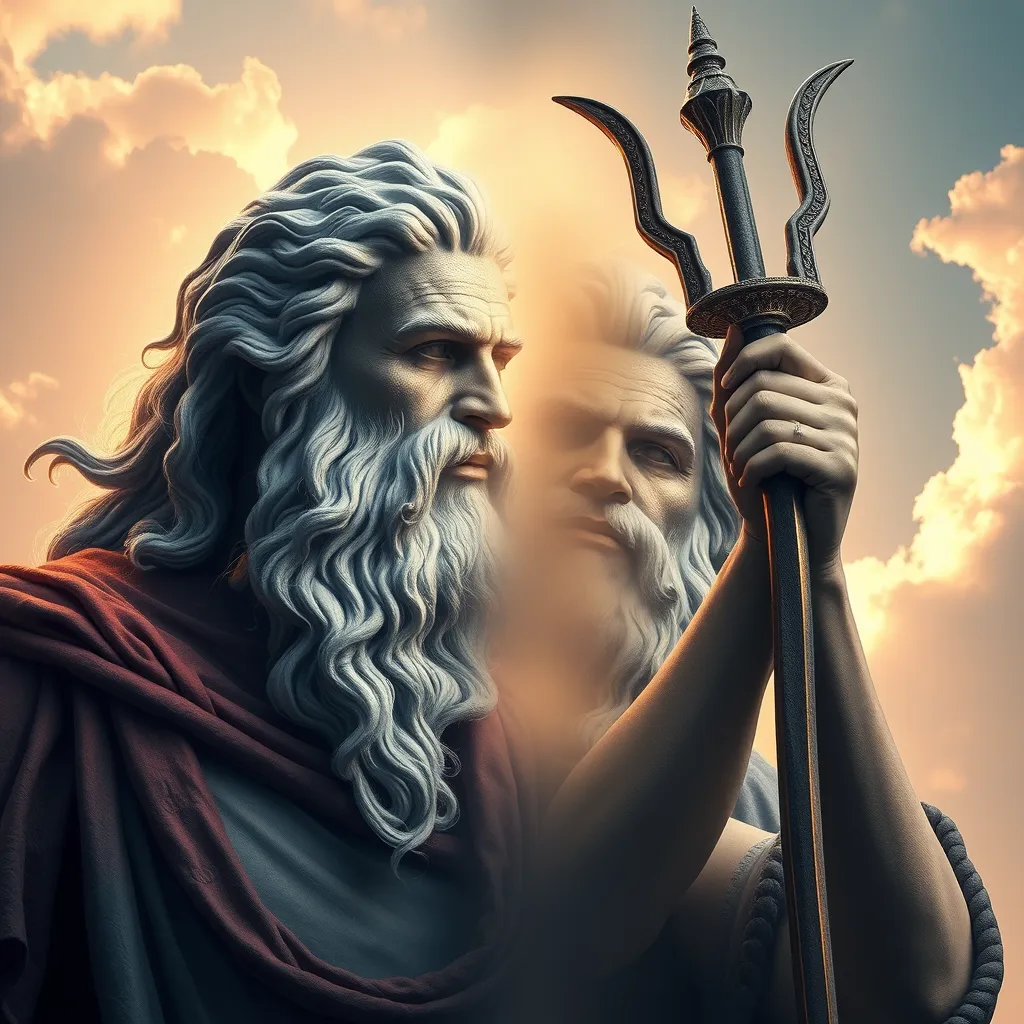- Messages
- 3,399
- Reaction score
- 1,640
- Points
- 108

Zeus: King of the Greek Gods, Thunder, and Divine Power
Zeus, ruler of Olympus—his rise against the Titans, symbols of power, epic loves, and legacy across myth and history.

The Duality of Zeus: Benevolent Ruler or Vengeful God? - Greek Mythology
The Duality of Zeus: Benevolent Ruler or Vengeful God? The Duality of Zeus: Benevolent Ruler or Vengeful God? I. Introduction Zeus, the king of the gods in Greek mythology, stands as one of the most significant figures in ancient lore. Revered as the god of the sky, lightning, and thunder, he...
 greek.mythologyworldwide.com
greek.mythologyworldwide.com
How many of the characteristics of Zeus as described in the 2nd article above are consistent with characteristics we think belong to G-d? How many are different?
Zeus being the son of Cronus - and upon looking this up was reminded that Cronus is distinct from Chronos... but then looking that up it seems Cronus and Chronos may not have been distinct Chronos - Wikipedia identifies them as different, but later in the article implies something different.
This is an area I have explored less well, and wonder what others here think or know about the Greek or Roman gods.
